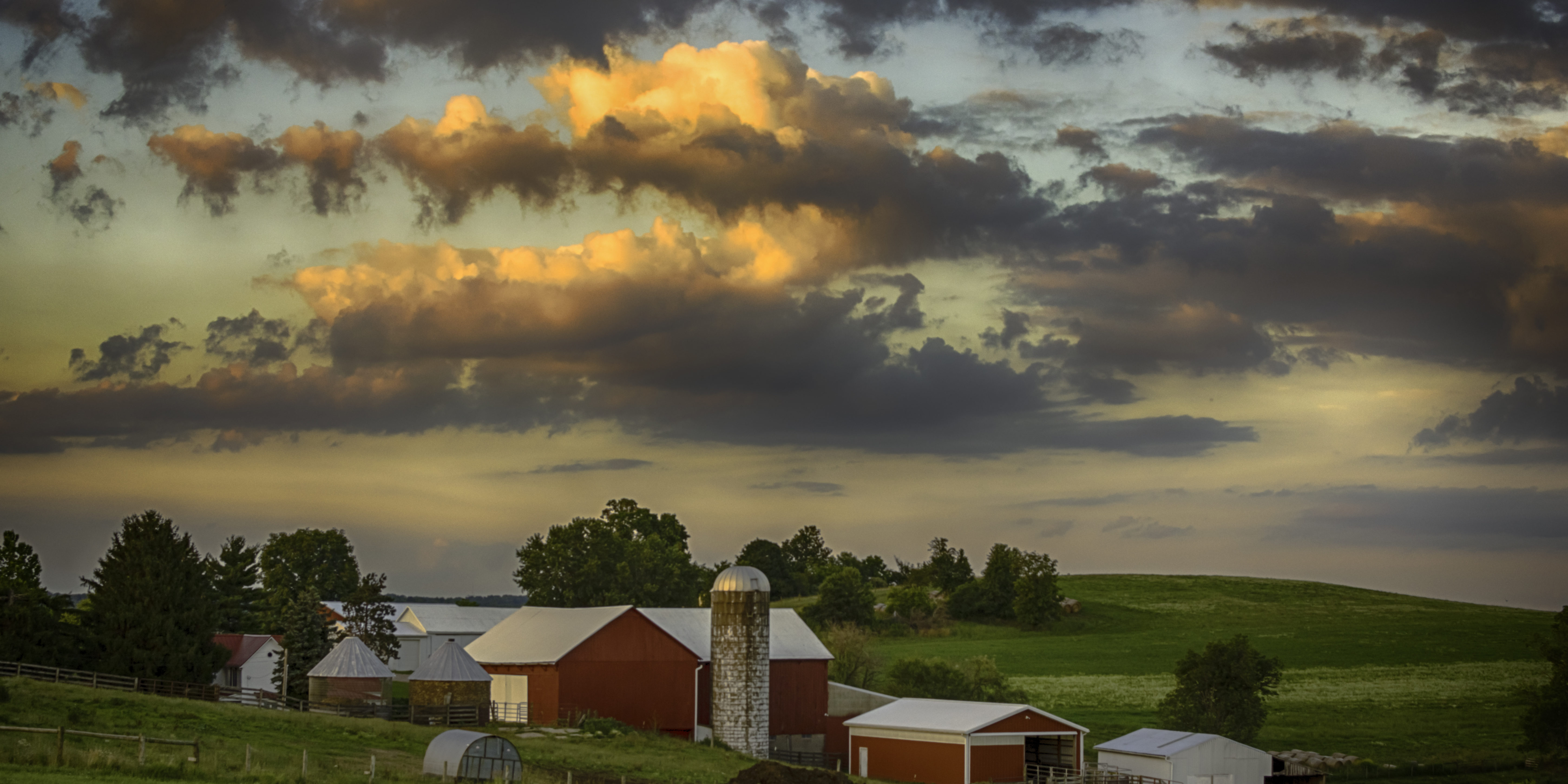More than ten years ago, Michelle Miller gave up gluten and swore off GMOs after believing the pervasive misinformation often peddled online about modern-day farming. Then, she fell in love with a real-life farmer – and with farming itself.
Now, Miller is arming everyday Americans with the real facts about agriculture. It’s all part of her mission as the Farm Babe.
“That’s what I try to do: give science and farmers a bigger voice,” Miller recently told the Groundwork podcast.
Miller draws upon her own experience, as well as conversations with farmers and ranchers across rural America, to push back against farming myths and farm policy fallacies. She’s one of agriculture’s most effective social media ag-vocates and there is certainly enough work to keep her busy.
For example, Miller has found that many consumers who embrace technology in every other aspect of their lives have a notion that our food should be produced with as little technology as possible. They envision a romantic homestead that could be straight out of American Gothic.
In reality, not only is farming a high-tech operation, but investments in precision agriculture have enabled more efficient farming practices and allowed farmers to provide an even safer, more affordable and more abundant food supply. Producers can track hundreds of data points on a dairy cow or apply fertilizer exactly where it’s needed in the field, down to the inch.
“You’ve got all of this amazing stuff going on [on a farm], and that’s part of the fun of being an advocate for ag, being able to share that story,” Miller explained.
It’s all tied to agriculture’s ongoing mission to become more sustainable.
“Sustainability is everything for the family farm,” Miller said. “You want to pass that down to your next generation.”
“At the end of the day, it’s every farmer’s best interest to turn a profit and have the best produce and the best livestock care, because the better we take care of the farm, the better it takes care of us.”
Livestock production has also taken the brunt of criticism online, but Miller isn’t afraid to fight back. When Burger King released a misleading and sensationalist ad about cattle and methane (a topic that we have had to address several times here at Farm Policy Facts) Miller reached out and invited Burger King executives to sit down with real farmers.
Burger King took her up on the offer. Executives flew to Iowa to discuss the innovative and science-backed measures to reduce methane that farmers have already implemented. The result was an open conversation about how farmers and food corporations can work together to move the ball forward on sustainability – and a new ad.
“If there’s one thing agriculture needs to understand, it’s that we’ve got to be proactive. Because if we don’t have a seat at the table, you’re probably on the menu,” Miller said. “We need more businesses to partner and highlight farmers, not tear them down.”
Social media makes it easier than ever to reach people outside of agriculture, and Miller encourages farmers to get involved and share their stories.
“If people don’t know where their food comes from, or if they believe myths, that’s going to negatively impact policy. We need people to buy and support American-grown foods and support our farmers,” Miller said.
We couldn’t agree more.

